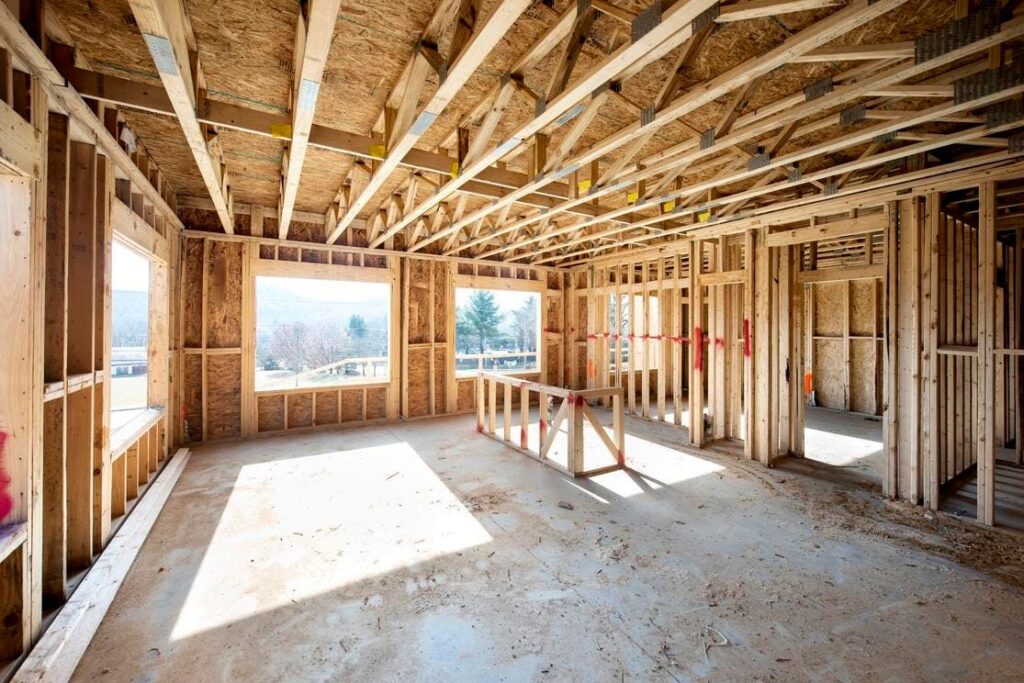The construction industry is one of the oldest and most fundamental industries in the world. Despite its long history, it continues to innovate and evolve, facing challenges that range from project management and cost control to safety regulations and workforce management.
These same challenges are not entirely different from those that startup founders face when building and scaling a business. Startups can learn a great deal from how construction companies manage complex projects, deal with unpredictability, and maintain quality under tight constraints. In this article, we discuss a few key lessons startup founders can take from the construction industry.
1. Plan With Precision But Allow For Flexibility
In the construction industry, detailed planning is crucial to the success of any project. A well-prepared project blueprint outlines every stage, resource, and timeline, helping to reduce the risk of cost overruns and delays. However, even the best-laid plans can face disruptions—unexpected weather, supply chain issues, or changes in client demands are common in construction. To mitigate these risks, construction managers build flexibility into their plans, anticipating contingencies and making room for adjustments.
Startup founders can apply this same lesson by planning their business operations in detail but leaving space for flexibility. Whether it’s product development, marketing strategies, or scaling operations, plans will almost certainly need to change based on customer feedback, competitor activity, or unforeseen market shifts.
Flexibility doesn’t mean abandoning structure—it means being prepared to pivot when necessary without losing sight of the long-term goals.
2. Build A Reliable Team
In construction, the quality of the final project is only as good as the team that executes it. From architects to laborers, everyone plays a specific role, and successful projects require strong collaboration across these roles. Moreover, in construction, this is a challenge because a lot of the work is done by freelancers or subcontractor companies, which means that you need to be able to build a team on a per-project basis, meaning that the project itself usually needs to be attractive.
For startup founders, building a strong, cohesive team is equally important, and knowing how to attract startup talent is key for success. Assembling a team with diverse skills – ranging from product development to sales to customer support, ensures that all aspects of the business can function effectively.
Moreover, founders need to trust their team members to execute their roles independently while fostering a collaborative environment. Investing time in hiring the right people, clearly defining roles, and creating open communication channels can make a significant difference in a startup’s ability to grow and scale successfully.
3. Manage Resources Wisely
One of the most critical tasks in construction is managing resources effectively. This includes both materials and human resources. Mismanagement of materials can lead to significant cost overruns, delays, and wasted effort. Construction companies often use just-in-time delivery methods, ensuring that materials arrive exactly when needed to avoid excess inventory or storage costs. Additionally, construction managers carefully track labor costs, ensuring that workers are efficiently scheduled and that tasks are completed on time.
For startups, resource management is just as important, especially when capital is limited. A common mistake among first-time founders is either underestimating the cost of scaling or overspending on non-essential areas. Learning to manage cash flow and invest in the right areas at the right time is key to long-term sustainability. Tools like project management software and financial tracking systems can help founders stay on top of resource allocation and ensure they are getting the most out of their limited resources.
4. Emphasize Safety And Risk Management
The construction industry operates in an inherently risky environment, with physical dangers such as falls, machinery accidents, and hazardous materials. As a result, safety is always a top priority, and companies invest heavily in risk management protocols, safety training, and equipment. Construction companies also carry extensive insurance to cover potential liabilities. Managing risk in construction goes beyond physical safety; it includes anticipating financial risks, regulatory changes, and supply chain disruptions.
For startup founders, the equivalent of safety and risk management lies in protecting their business from both internal and external risks. This could include cybersecurity measures, legal protections like trademarks and patents, and contingency planning for market downturns or cash flow issues.
Read the full article here











